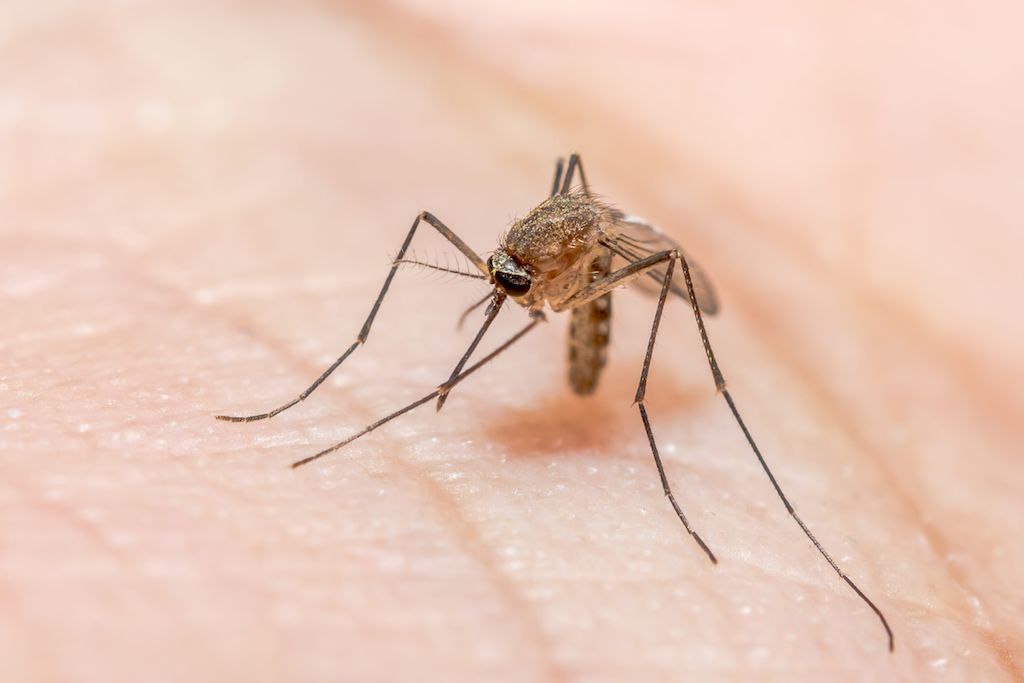Nigeria requires N1.89 trillion to fund malaria in next 4 years – FG
The Minister of Health, Dr Osagie Ehanire, has said that Nigeria will require N1.89 trillion to fund the new strategic plan on malaria between 2021 and 2025. He stated this on Sunday during a ministerial press briefing to commemorate this year’s World Malaria Day. Fresh crisis looms in Chad as issues on Deby’s successor tear […]

The Minister of Health, Dr Osagie Ehanire, has said that Nigeria will require N1.89 trillion to fund the new strategic plan on malaria between 2021 and 2025.
He stated this on Sunday during a ministerial press briefing to commemorate this year’s World Malaria Day.
- Fresh crisis looms in Chad as issues on Deby’s successor tear family, military apart
- Again Bandits kill 6, as Kaduna Gov’t condemns attack on church
The minister said the government had developed a five-year new generation malaria strategic plan (NMSP 2021-2025) to sustain gains achieved in the national malaria control effort and chart a pathway towards achieving a malaria-free Nigeria.
He said the goal of the plan is to achieve a parasite prevalence of less than 10% and reduce mortality attributable to malaria to less than 50 deaths per 1,000 live births by 2025.
He said: “The implementation of the new strategic plan will cost N1.89 trillion.
“About 63.1% of the total amount will be used to support chemoprevention, diagnosis and treatment while 35.9% will be used for vector management.
“About 352 billion is required for the year 2021 programme implementation.”
Dr Ehanire said the government may not have the required amount because of the prevailing economic circumstances.
He called for support from the private sector, corporate organisations and patriotic individuals.
He said some activities implemented in the past 12 months to ensure support and access to malaria services are reaching over 12 million children aged 3-59 months with the Seasonal Malaria Chemoprevention (SMC) intervention in nine eligible states in the Sahelian region, and distribution of 17,267,410 Insecticide Treated Nets (ITNs) in six states, using single-phase door-to-door and double phase door-to-door strategies, due to the COVID-19 pandemic.
The World Health Organisation (WHO) Country Representative, Dr Walter Kazadi-Mulombo, said malaria remained a leading cause of morbidity and mortality in Nigeria, adding that with all Nigerians at risk, it accounts for more than 60% of hospital visits, 20% of under-five mortality and 11% of maternal mortality.
He said it is worrisome that, despite funding from government and partners, 44% of household’s out of pocket expenditure is on malaria.
While saying Nigeria continues to bear the disproportionate brunt of the malaria toll accounting for 27% and 23% of global cases and deaths respectively, he said there had been a growing political commitment at country, regional and international levels to tackle the disease.
“The most recent being Mr President’s commitment to increase domestic financing and explore other innovative ways of increasing financing for health; this brings a unique ray of hope towards disease control,” he said.
He said collective action across sectors is crucial to address the challenges and accelerate progress towards ending the malaria scourge in Nigeria.
Drop in Malaria prevalence
The WHO Rep said Nigeria had recorded a drop in malaria prevalence from 42% in 2010 to 23% in 2018.
Dr Mulombo said the World Malaria Report of 2020 estimated that 215 million malaria cases and 384, 000 malaria deaths occurred in 2019 within the WHO African Region and this accounted for 94% of cases and deaths globally.
He said global trends in malaria cases and mortality rates have been plateauing since 2015, particularly in the highest-burden countries like Nigeria.
